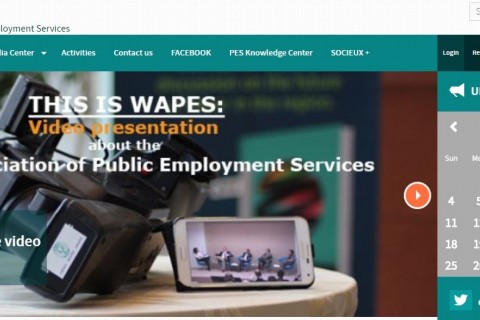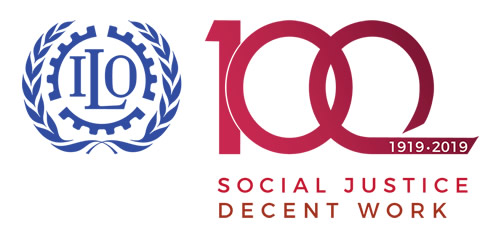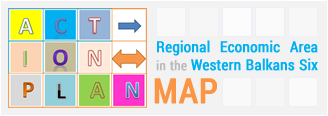News
RCC ESAP presents benchlearning process among Public Employment Offices in the Western Balkans to World Association of Public Employment Services
Brussels – Team Leader of the Regional Cooperation Council’s (RCC) Employment and Social Affairs Platform (ESAP) project, Nand Shani presented the benchlearing process the project conducted among the Western Balkans’ (WB) Public Employment Services (PES) to the World Association of Public Employment Services (WAPES), at their board meeting held in Brussels on 6-7 November 2018.
Shani explained the nature of the bench-learning, which is a process of creating a systematic and integrated link between the benchmarking (data collection, validation and assessment), and mutual learning activities (identification of good practices and evidence-based mutual learning).
“By committing to this process the PES offices of the 6 WB economies agreed to creation of a systematic connection of performance comparisons and mutual learning opportunities in line with best EU practices“, said Shani, adding that ESAP project was designed to support WB6 PES offices in implementing a regional benchmarking exercise that will help them in assessing and improving their performance.
“The lessons learned from this exercise highlight the importance of building of mutual trust. Also, it pointed out to current strengths and weaknesses of PESs. For example, overall, the strongest areas include sustainable activation and managing transitions between unemployment and employment, and employer relations and partnerships with key stakeholders in the labour market. On the other hand, there are areas of PES work where performance can be enhanced i.e. evidence-based design and implementation of employment measures backed up by strategic performance management or introduction of new and innovative tools, quality management, etc. Also, it would be very important to link WB6 PESs up with the EU PES Network and WAPES.”
As a follow-up to the benchlearning assessment, ESAP project organized numerous mutual exchange visits based on good practices, with some more underway, along with analytical work on establishing systems of management by objectives, developing local employment plans, and assessment of IT systems of PES offices. Furthermore, PES offices are encouraged to develop national action plans based on the results of the benchlearning assessment. PES could make significant progress in the short and medium run if additional efforts were devoted to: development of profiling systems; development of matching tools that support automatic matching on competencies; and impact evaluations to support the design and implementation of services and ALMP.
Members of WAPES learned more about bechleaning based on the experience of the EU PES network and the Western Balkan PES offices and are considering to implement this beneficial exercise among their members.
WAPES is a global platform that promotes the exchange of information on employment and the labour market between the member states. Almost 85 Public Employment Services from all over the world are members of the Association, and together they represent more than 1 million staff, and they manage labour markets with unemployment rates ranging from two to 80 %.




